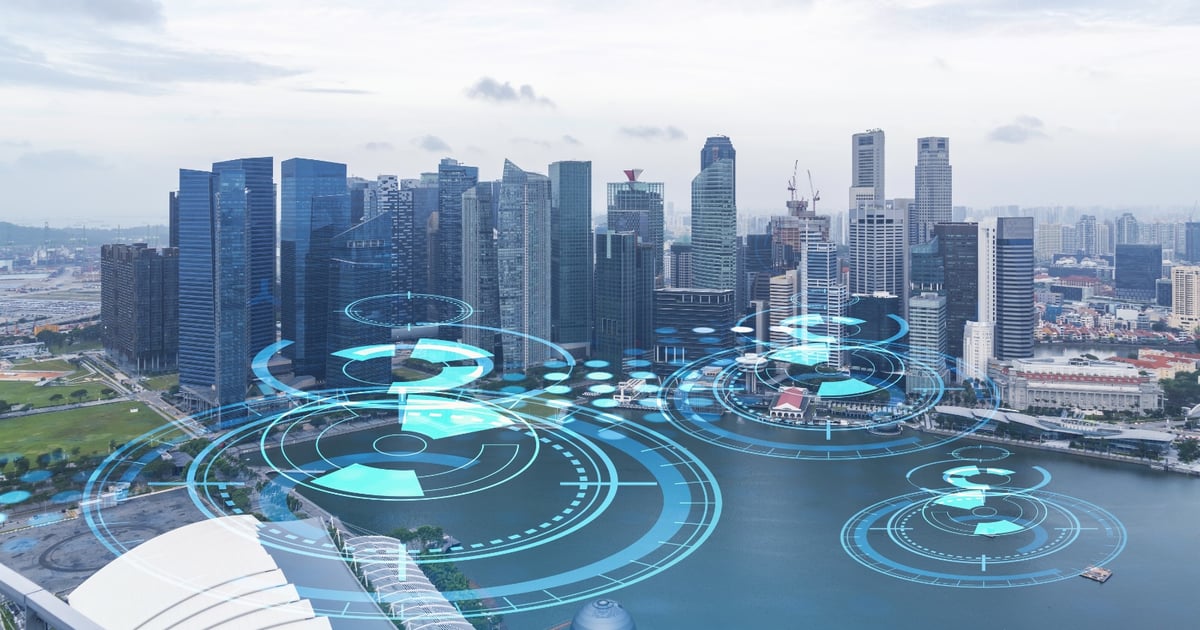Lawmakers in Singapore recently made significant updates to the nation’s cybersecurity regulations, with the aim of strengthening protections around critical information infrastructure (CII). The amendment, which took effect on May 7, grants more power to the agency responsible for enforcing the rules, expands the definition of computer systems to include cloud infrastructure, and mandates that CII operators report any cybersecurity incidents to the government.
The Cyber Security Act amendment reflects the changing landscape of technology and business models, as well as the increasing sophistication of cyber threats. Janil Puthucheary, senior minister of state for the Singapore Ministry of Communications and Information, emphasized the need for updated regulations to ensure the security and resilience of CIIs against evolving cyber threats.
According to Puthucheary, the 2018 Act was designed to regulate physical systems as CIIs, but the emergence of new technologies and business models necessitated a broader approach. The amendment acknowledges the impact of cloud computing on critical infrastructure management systems and addresses the use of third-party providers by CII operators. It aims to hold service providers more accountable, especially as many critical infrastructure operators have outsourced aspects of their operations to third parties and cloud providers.
The updated Cyber Security Act in Singapore is part of a larger trend in the Asia-Pacific region, where countries are bolstering their cybersecurity frameworks. In April, the Malaysian Parliament passed its own Cyber Security Bill, which aims to establish a robust cybersecurity framework, including licensing requirements for certain firms and consultants. Additionally, Japan, the Philippines, and the US recently established a trilateral information-sharing arrangement to counter nation-state cyber threats from countries like China and North Korea.
The Cyber Security Agency (CSA) and the additional regulations in Singapore have received broad support following extensive consultations with critical infrastructure providers, citizens, businesses, and legal experts. Donny Chong, a product director at Nexusguard, a denial-of-service defense firm, highlighted the rising concerns about cyber threats and the growing awareness of the potential impact on essential services and national security.
The amendment to the Cyber Security Act categorizes businesses and infrastructure operators into five groups, each with specific requirements for audits, risk assessments, incident reporting, and contract language for third parties. Lim Chong Kin, managing director at a Singapore-based law firm, noted that the expanded regulatory obligations may result in increased compliance costs for businesses, particularly those working with multinational cloud providers. The operationalization of the new reporting requirements will determine the exact impact on affected organizations.
Singapore, with its heavy reliance on global trade and open digital economy, remains a prime target for threat actors, including nation-state and cybercriminal groups. The country’s “Cybersecurity Health Report” revealed that over 80% of Singaporean organizations experienced a cyber incident in the past year, with almost all of them suffering a business impact. As technologies like artificial intelligence and quantum computing reshape the threat landscape, the updated regulations are seen as just the beginning of a journey towards stronger cybersecurity measures.
Despite the challenges posed by geopolitics and AI, Singapore is already one of the most cyber-literate nations in the world, with a high rate of technology adoption among its residents. Moving forward, cultivating a cyber-literate population and securing buy-in from all stakeholders will be crucial to effectively safeguarding Singapore’s cyberspace. Ultimately, providers of essential services must remain vigilant in ensuring the cybersecurity and resilience of the computer systems that underpin their critical operations.


